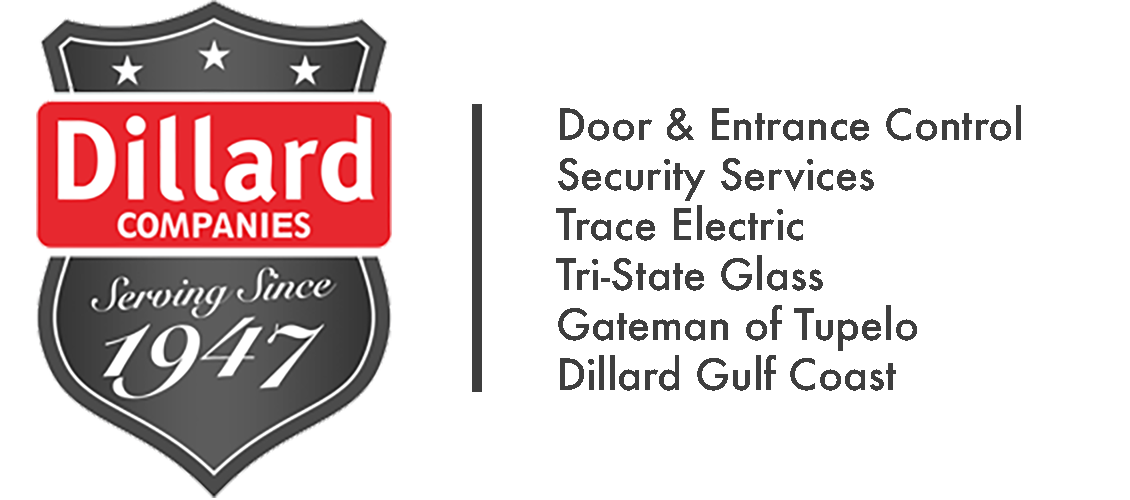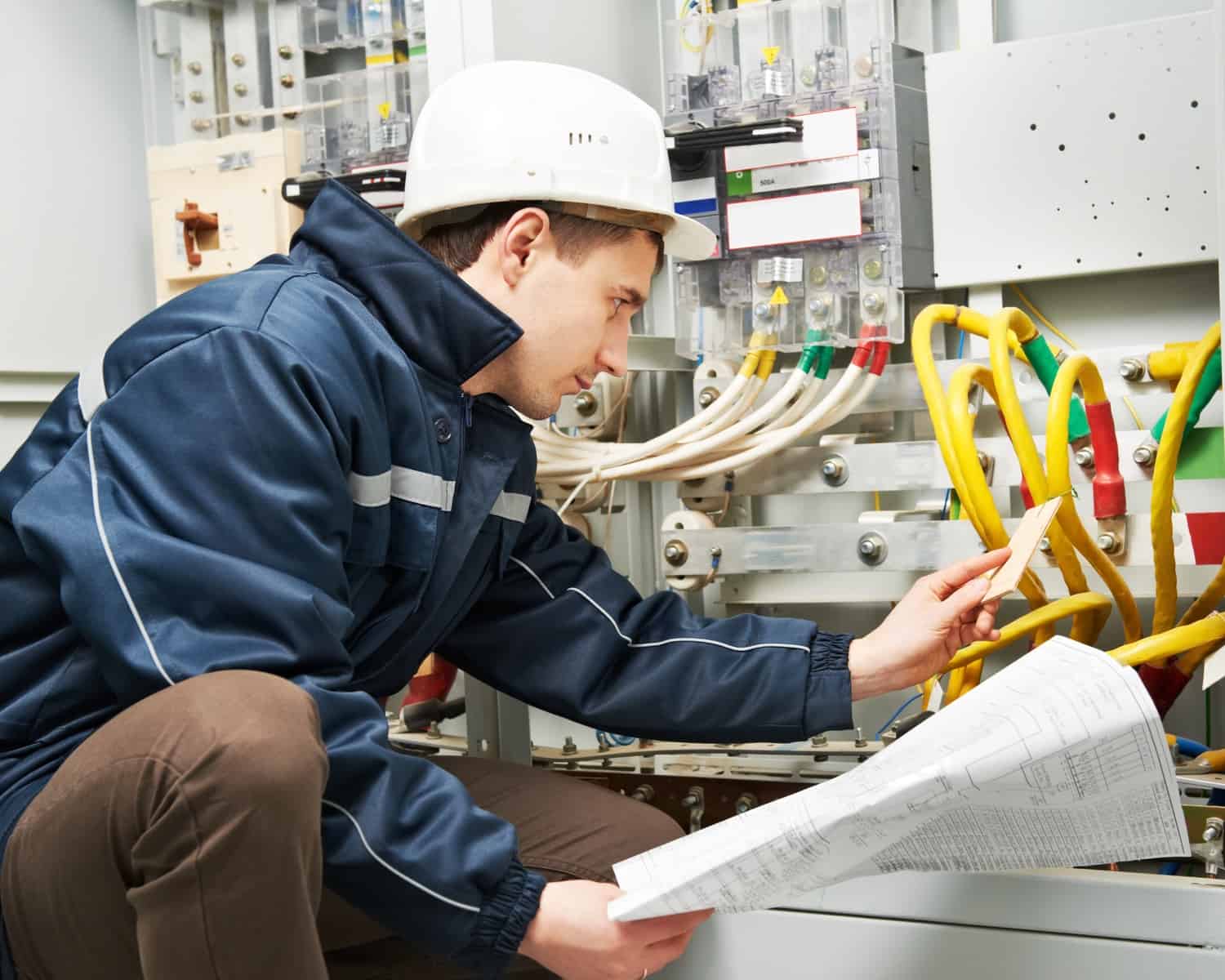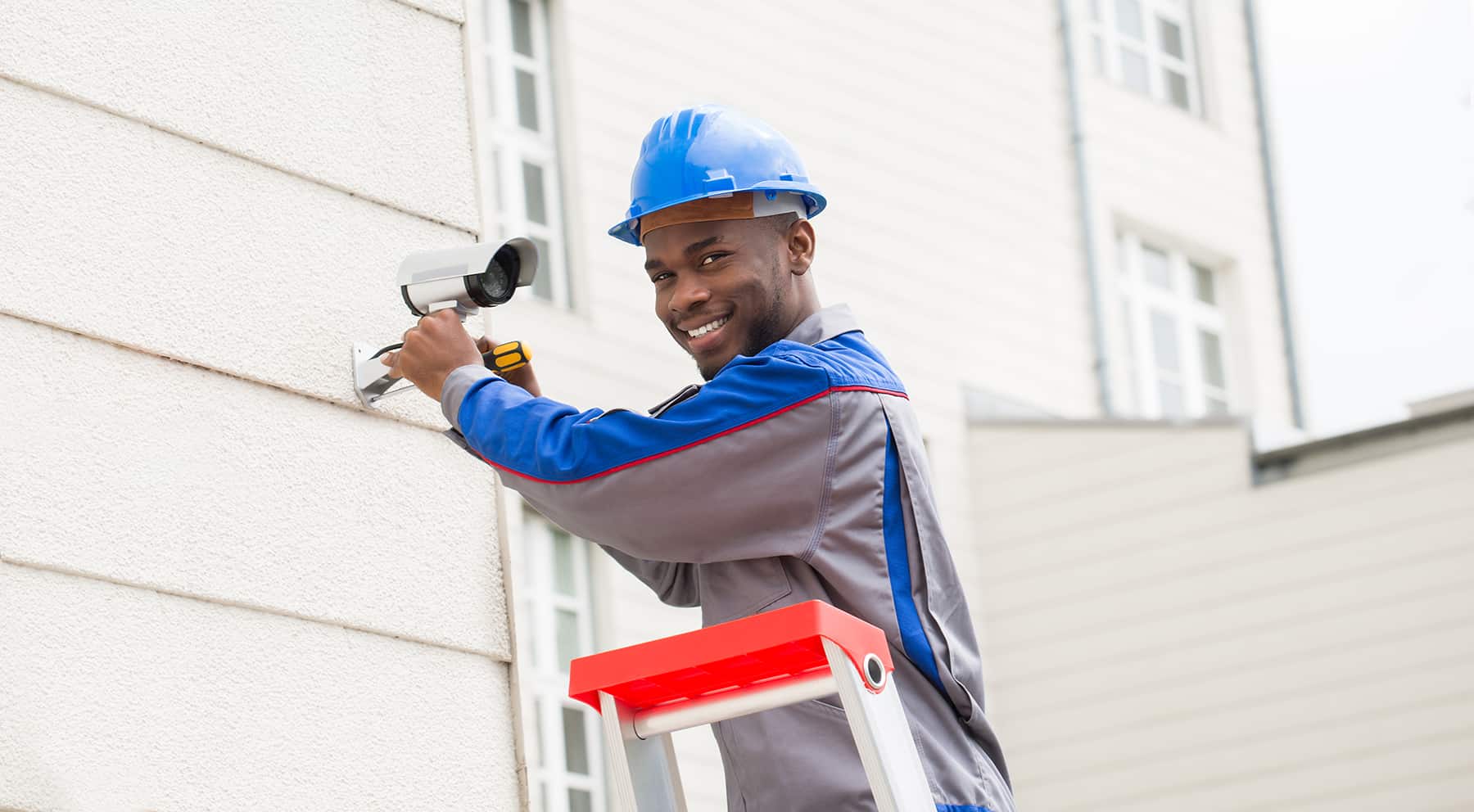
Enhance Security and Energy Efficiency with Automatic Doors
When you think about ways to boost your building’s security, accessibility, and energy efficiency, automatic doors might not be the first thing that comes to mind. But they absolutely should be! These doors do a lot more than just open and close without you touching them — they can transform the way your building operates. Let’s dive into everything you need to know about them.
What are the Benefits of Automatic Doors?
Automatic doors aren’t just about convenience. They’re packed with benefits that help businesses of all sizes and even residential properties.
How do automatic doors improve accessibility?
Ever tried pushing open a heavy door with your hands full? Not fun. Automatic doors solve this problem beautifully. They make it easier for everyone to enter and exit, including individuals with disabilities, parents with strollers, or employees hauling equipment. They create a welcoming environment that says, “Come on in, we’ve got you covered.”
What are the energy efficiency benefits of automatic doors?
Every time a door is left open too long, your heating or cooling system has to work harder. Automatic doors help keep indoor temperatures stable by opening only when necessary and closing quickly. This helps cut down on energy waste and can lead to lower utility bills. Who doesn’t love saving money and being eco-friendly at the same time?
How do automatic doors enhance security?
Security is a huge concern for businesses today. Automatic doors can be integrated with access control systems, meaning only authorized individuals can get in. Plus, they close automatically, reducing the chance of doors accidentally being left open. Some even come with sensors that detect if someone is trying to force them open.
How Do Automatic Door Systems Work?
Automatic doors seem like magic, but it’s all based on smart technology working together seamlessly.
What sensors are used in automatic doors?
Most automatic doors use motion sensors, infrared sensors, or pressure sensors. Motion sensors detect movement, pressure sensors can tell when someone steps on a mat, and infrared sensors sense changes in heat to open the door.
How do automatic sliding doors operate?
Sliding doors are one of the most popular types of automatic doors. They use tracks and rollers powered by a motor. When the sensor is triggered, the motor slides the door open smoothly and quietly.
What are the components of automated door systems?
An automatic door system includes:
- Sensors
- Motor and drive unit
- Door panels
- Safety mechanisms
- Access control features (like keypads or card readers)
Every piece plays a role in ensuring the door operates safely and efficiently.
What Types of Automatic Doors are Available?
There’s no one-size-fits-all when it comes to automatic doors. You’ve got options!
What are the differences between sliding and revolving doors?
Sliding doors are straightforward and great for busy areas like retail stores. Revolving doors are ideal for large buildings like hotels or office towers because they’re energy-efficient and control the flow of traffic better. Plus, they add a bit of elegance.
How do commercial automatic doors differ from residential ones?
Commercial doors are usually bigger, more durable, and built to handle heavy traffic. Residential automatic doors are typically smaller and designed for comfort and convenience rather than high security or extreme durability.
What are the latest advancements in automatic door technology?
Technology is always evolving. Today’s automatic doors can be connected to smart systems, allowing you to monitor and control them remotely. Some even come with facial recognition or app integration for enhanced security and convenience.
How to Install Automatic Doors?
Thinking about making the switch? Here’s what you need to know.
What is involved in the door installation process?
First, an expert team (like the pros at Dillard Door) will evaluate your entryway. Then they’ll help you pick the right system, customize it if needed, and handle the installation — wiring, sensors, motors, all of it.
What are the best practices for installing automatic doors?
- Choose a reputable installer.
- Make sure the door is ADA-compliant.
- Plan for regular maintenance.
- Integrate access control if needed.
Following these steps ensures your doors stay efficient and safe for years to come.
How can businesses upgrade existing doors to automatic doors?
Good news: you don’t always have to start from scratch. Many traditional doors can be retrofitted with automatic operators, saving you time and money while still giving you all the benefits.
How Do Automatic Doors Contribute to Energy Efficiency?
Let’s talk savings.
How do automatic doors reduce energy consumption?
Because they only open when needed and close right away, automatic doors minimize the amount of heated or cooled air that escapes. That reduces the energy needed to maintain comfortable indoor temperatures.
What is the impact of automatic doors on heating and cooling?
Automatic doors create an air barrier, helping to maintain consistent interior temperatures. This reduces the strain on HVAC systems, extending their lifespan and reducing maintenance costs.
Can automatic doors help in promoting energy-efficient practices?
Absolutely. They support broader green building initiatives and can even help businesses qualify for certifications like LEED (Leadership in Energy and Environmental Design).
What to Consider When Investing in Automatic Doors?
Before you make the investment, think through a few key points.
What factors influence the cost of automatic door solutions?
Costs can vary based on:
- Door type (sliding, swinging, revolving)
- Custom features (security integrations, smart tech)
- Size and complexity of the installation
- Maintenance and service plans
How do you choose the right automatic door for your needs?
Start by thinking about your space. Is it a high-traffic area? Do you need enhanced security? How important is aesthetics? A consultation with an expert will help you find the perfect fit.
What are the long-term benefits of investing in automatic doors?
Investing now pays off later. Benefits include:
- Improved security
- Better energy efficiency
- Enhanced accessibility
- A modern, professional appearance
Your building will be safer, more welcoming, and more efficient for years to come.
Ready to boost your building’s security, accessibility, and efficiency? Trust the experts at Dillard Door to help you find the perfect automatic door solution. Contact us today to get started!



